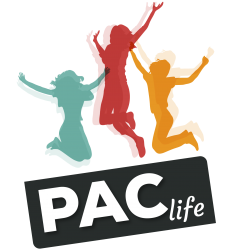By The University of Gloucestershire
PAClife aims to improve the resilience of disadvantaged young people, including asylum seekers and refugees, via the medium of play and physical and cultural activities.
Who has been involved in the development of PAClife?
The project, which started in 2020, utilises the collective skills of partners involved in play and youth work from five European countries.
In a UK context, Play Gloucestershire has provided valuable knowledge and skills around play work. The University of Gloucestershire has been responsible for the overall direction and management of the project.
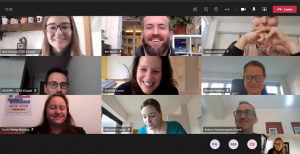
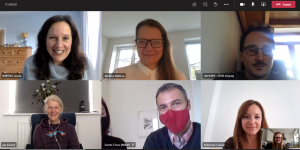
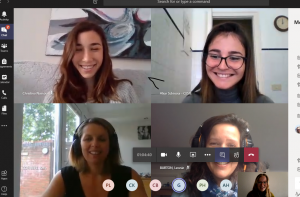
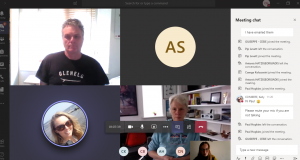
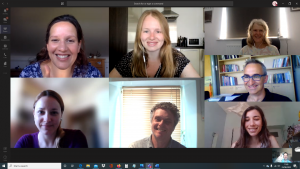
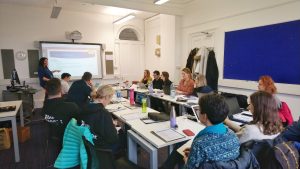
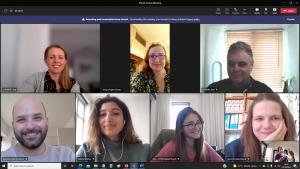
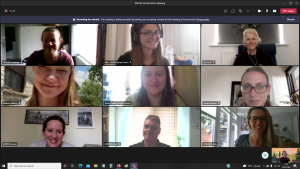
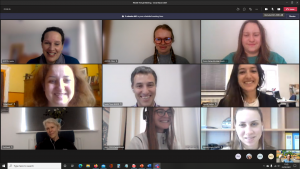
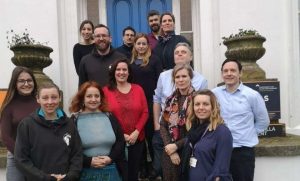
How did we bring those skills together, to develop a programme of play, physical and cultural activities, suitable for use in a range of cross-European settings that work with young people?
We knew that the partner agencies involved in play and youth work would be able to provide real-world examples of activities to use with the target group. The university team applied a methodology proven to build resilience in young people to bring together a coherent and relevant set of activities.
How did you do this?
We explored research in this area and consulted with the project partners. We applied the positive youth development (PYD) methodology and the related 5Cs framework which has been shown to be effective in developing resilience through focusing on and building young people’s personal strengths.
What was your next step?
Partners identified activities that were relevant to the project aims and methodology. Our Hungarian partner, the Rogers Foundation for Person-Centred Education, led on coordinating these via discussions with the partners. The final set of activities were agreed upon collectively by the PAClife partnership.
Were there any difficulties encountered?
Yes! Soon after the PAClife project started the COVID-19 pandemic took hold in all countries involved. This meant that rather than travel to meetings in each others’ countries to discuss work, meetings (and later training events) were conducted online.
Unfortunately, one partner agency had to withdraw from the project. We were quickly able to identify another partner agency from the same country who were able to contribute to PAClife.
What did you do with the activities once you had collated them?
There were two tasks.
- We matched the activities to the PYD methodology and its 5Cs framework.
- We piloted the activities via a series of online workshops with participants from all five countries to make sure they were relevant and appropriate.
Why did you need to match the activities?
We needed to ensure that the activities were aligned with the PYD 5Cs framework in order to build resilience in young people, otherwise it would just be a collection of activities without any meaningful direction. The 5Cs are:
- Competence
- Confidence
- Connection
- Character
- Caring
We considered each activity in turn and matched them with each ‘C’. This helps people working with young people to focus on an area to develop with young people and to select activities that are relevant to them.
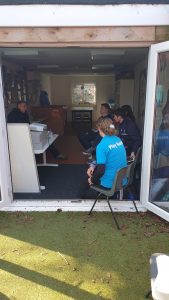
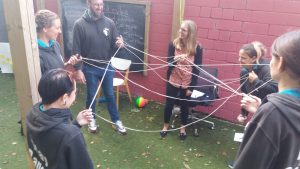
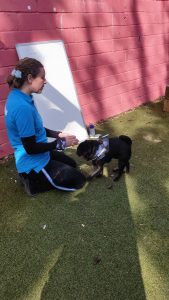
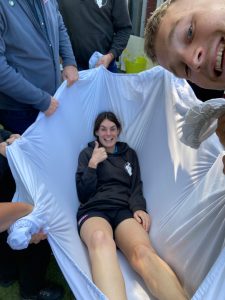
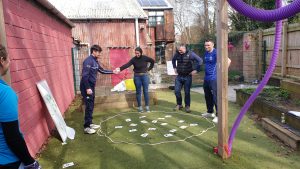
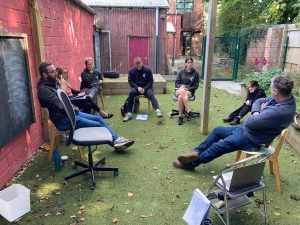
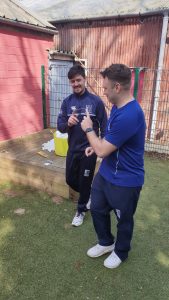
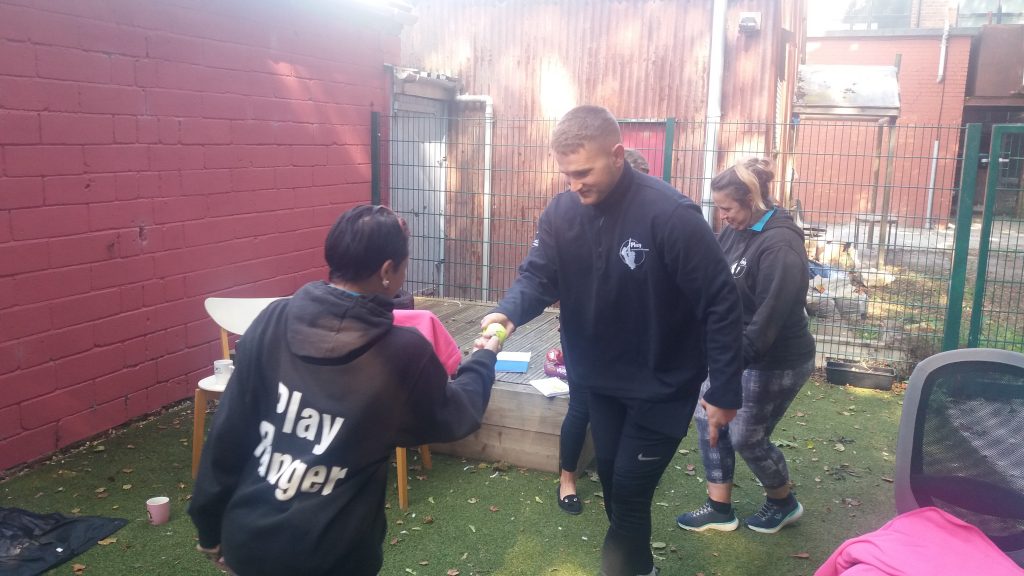
What happened at the workshops and afterwards?
The piloting workshops took place online in May 2021 to explore what worked well and what worked less well.
We edited and proofread the training programme and associated materials to ensure consistency, before an additional pilot session took place including organisations who were not part of the PAClife consortium.
In a UK context, this involved workers from Play Gloucestershire who had previously not been involved in the project, and a further training session with staff from two local organisations involved in work with young people, Move More and Active Gloucestershire.
We took notes at these sessions, and with those collected by our European colleagues, agreed a final draft of the PAClife programme.
So what happens now?
We have a meeting in Copenhagen in May to officially ‘sign off’ the programme – then all partners are expected to hold dissemination events, inviting appropriate stakeholders who are involved in play work and physical and cultural activities.
Where can I find out more?
From the PAClife website. Relevant contact details can be found there. Especially more about the Training Programme and the newly published Training Guide – PAClife Methods, Activities and Good Practice
You can also attend our information and networking event on June 8th at the Oxstalls Campus, University of Gloucestershire, Gloucester, UK.

